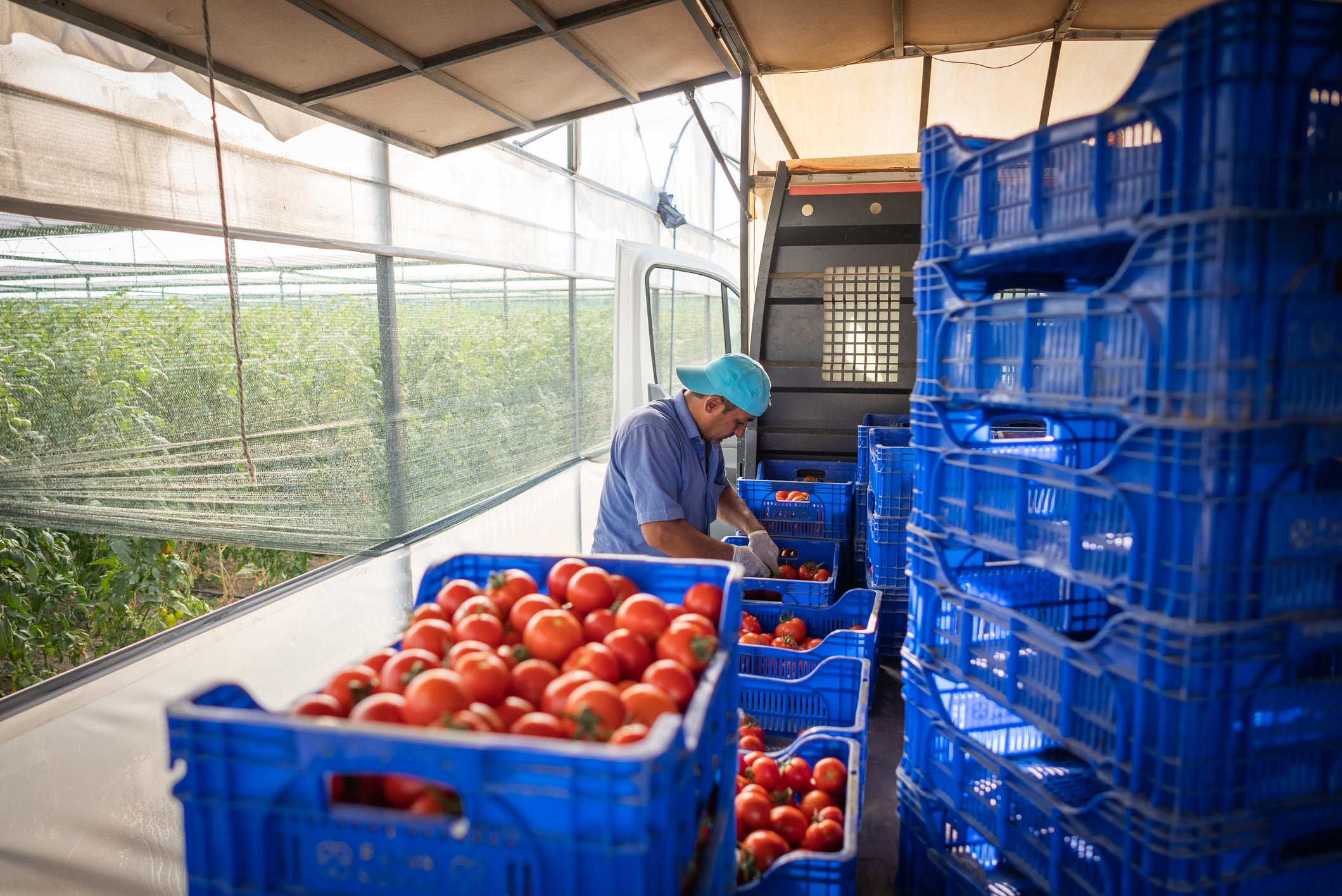The on-again, off-again imposition of tariffs caused widespread confusion in the agri-food industry.
With operations in Mexico, global agri-food trade solutions company DiMuto has had a front row seat in witnessing the scramble that began in January.
DiMuto founder and chief executive Gary Loh recounted the confusion and uncertainty on the ground to AgTechNavigator.
Exporters were unsure whether to proceed with shipments that were already packed, leading some produce to be diverted back to domestic markets — a “nightmare scenario” for many, he said.
“I think the keyword has become ‘availability’. Most of us take for granted that we will always have tomatoes and cucumbers available because they are in abundance. But now with the tariffs, there’s disruption and it won’t be as smooth,” said Loh.
He added that this will be compounded by challenges like climate change and ongoing conflicts.
These issues are not new to the industry but shake-ups like these — be it tariffs or a pandemic — expose the glaring weaknesses in the supply chain.
“It’s an unseen and unheard problem. But behind the scenes, it’s always been a problem. This tariff situation has showed us that at the end of the day, you can’t manage what you can’t see,” said Loh.
Bringing visibility to supply chain
This lack of visibility is what DiMuto tries to solve by using blockchain, AI, and IoT technologies to digitise and optimise the global agri-food supply chain.
The technology provides visibility into what is being shipped and its quality, benefiting both suppliers and buyers.
“We are able to tell what is being grown, what is being packed, what is ready to move, the quality, and when it is being sent. You know that the transit time and the shelf life has already been factored in so that buyers would have a sense of confidence in ensuring that what they ordered is literally what they have bought,” said Loh.
With so much uncertainty today, many buyers are looking to secure alternative sources for their produce — a task that is far from easy.
Loh explained that bringing a new vendor on board is a lengthy and complex process, requiring strict compliance checks and certifications.
This often takes around three to six months and can impact the consumer with higher prices, reduced variety, and slower restocking.
DiMuto’s marketplace can connect verified buyers and suppliers together, improving transparency and trust.
“From an availability perspective, buyers can easily identify certified suppliers, view their existing customer base, and trust the data. It cuts out a lot of the traditional pen-and-paper processes, which were not only tedious but often hard to verify,” said Loh.
Additionally, buyers can see what the suppliers have been selling and who their customers have been.
New opportunities, same issues to solve
In light of the evolving situation, suppliers from China and Mexico are now exploring new export opportunities such as South East Asia.
“Traditionally, Mexicans do not sell most of their grapes offshore. But now with the situation in the US, they actually think they should start opening up to other markets. You’ll probably have a chance to see Mexican grapes coming to Singapore, for example,” said Loh.
Additionally, US suppliers are also eyeing SEA as an export opportunity as the ASEAN countries are not enacting reciprocal tariffs.
“These are kind of like the opportunities that we are seeing, but it will all come back to the fundamental problem — availability, quality and ensuring that you actually get what you’re paying for. That will take away a lot of these issues that we hear a lot about, like food waste and food sustainability,” said Loh.


